Odisha has organised the 18th Pravasi Bharatiya Divas (PBD) from January 8-10 to mark the contribution of overseas Indians to India’s development. Celebrating the diaspora, the theme of this year’s event is ‘Diaspora’s contribution to a Viksit Bharat’.
Over 3,000 delegates from 70 countries have gathered in Bhubaneswar for Pravasi Bharatiya Divas. Prime Minister Narendra Modi will take part in the inaugural session today (January 9).
Addressing the convention on Wednesday, External Affairs Minister S Jaishankar called on the Non-Resident Indians (NRIs) and Persons of Indian Origin (PIOs) to participate in India’s quest for a ‘Viksit Bharat’ or developed India.
India’s strong diaspora is part of the nation’s growth story. From economy to politics, they have clout in various fields in the country they reside in as well as their homeland.
Let’s take a closer look.
India’s diaspora in numbers
At 18 million (1.8 crore), India has the largest diaspora in the world, as per United Nations figures.
India says it has a diaspora of 35 million (3.5 crore), residing mainly in the United Arab Emirates (UAE), the Gulf states, the United States, Canada and the United Kingdom.
In 2004, the Indian government defined diaspora as “a generic term to describe the people who migrated from territories that are currently within the borders of the Republic of India. It also refers to their descendants.”
As per The Economist, as many as 2.7 million (27 lakh) Indian-born migrants are present in the US, over 835,000 in Britain, 720,000 in Canada, and 579,000 in Australia.
In West Asia, the UAE and Saudi Arabia are home to 3.5 million (35 lakh) and 2.5 million (25 lakh) Indian migrants, respectively.
The Indian diaspora also lives in Africa, other parts of Asia such as Malaysia and Singapore and the Caribbean.
Economic prowess
The sheer number of Indians abroad has turned them into a notable economic force.
The Indian diaspora is contributing to the economic growth of the country they live in and also India. It is spending, saving and investing in their homeland and across the globe.
Overseas Indians sent a record $107 billion in remittances to their relatives back home in 2023-24, surpassing the $100 billion mark for the second financial year in a row, as per an Economic Times (ET) report.
India has been the top recipient of remittances by its diaspora for more than 20 years, with the US being the largest source of remittances.
“It’s not just remittances. It’s also the impact that people coming and going from the country bring economically. They come back, establish a firm, train people and then leave again. So the to-and-fro diaspora group has been contributing significantly to industry, including to the Indian IT industry and especially within pharmaceuticals,” Amrita Datta, a sociology lecturer at Bielefeld University, told BBC.
According to the Reserve Bank of India (RBI), overseas Indians invested $7.82 billion between April and August 2024 in NRI deposit schemes.
Indians’ command over the English language, their first-class higher education in institutes like the Indian Institutes of Technology (IITs) and their familiarity with the electoral and democratic system have been cited by the New York Times (NYT) for their success in the US.
Indians are the wealthiest ethnic minority group in America. The median Indian household income in the US is $150,000, twice the Western country’s national average, as per The Economist.
Twenty-five of the 500 largest American companies are helmed by Indians, including Microsoft, Google, YouTube and Adobe, noted Le Monde.
The Indian diaspora is investing in real estate back home and globally. “Both in terms of the global economy and their own purchasing power, the impact is substantial,” VN Balasubramanyam, an economics professor at UK’s Lancaster University, told BBC.
Since coming to power in 2014, PM Modi has sought to tap into the potential of the Indian diaspora, referring to them as “brand ambassadors”. During his foreign visits, he ensures to interact with the diaspora, encouraging them to “contribute to India’s growth story”.
Indian diaspora is also shaping global policies. Ajay Banga is the president of the World Bank and Gita Gopinath is the First Deputy Managing Director of the International Monetary Fund (IMF).
Impact on political sphere
The spike in the Indian diaspora has been visible in the politics of many countries, including the US, Canada and the UK.
The Indian-American community’s influence is growing in US politics. American Vice President Kamala Harris is of Indian descent. If she had won the November presidential race, Harris would have been the first woman president of the US, as well as the first Indian-American and second African-American president.
However, another woman of Indian roots is set to occupy a top post in the incoming Donald Trump administration. Indian American Usha Vance, wife of VP-elect JD Vance, will be the second lady.
Several Indian American politicians, including Raja Krishnamoorthi, Shri Thanedar and Ro Khanna, won the 2024 US elections.
Vivek Ramaswamy, along with Elon Musk, will lead the “Department of Government Efficiency” in Trump’s second administration.
Indian American Nikki Haley was one of the Republicans challenging Trump for the party’s presidential nomination.
Rishi Sunak, a Conservative MP of African Indian descent, was the UK PM from 2022 to 2024. He previously served as the country’s finance minister.
Priti Patel and Suella Braverman, other high-profile politicians of African Indian descent, have also held top posts in the Conservative government in the UK.
Canada is home to nearly 1.4 million (14 lakh) people of Indian origin, about 3.7 per cent of the country’s total 40 million (4 crore) population. Canada has the highest population of Sikhs with 770,000 people, second only to India’s Punjab state.
In Canada, Sikhs form a core voter base and many politicians from the community occupy top posts.
Singapore’s President Tharman Shanmugaratnam is among the Indian-origin leaders dominating politics across the globe.
Leo Eric Varadkar, former Ireland PM, has Indian roots.
Trinidad and Tobago, Guyana, and Mauritius have also seen top leaders of Indian descent.
With inputs from agencies


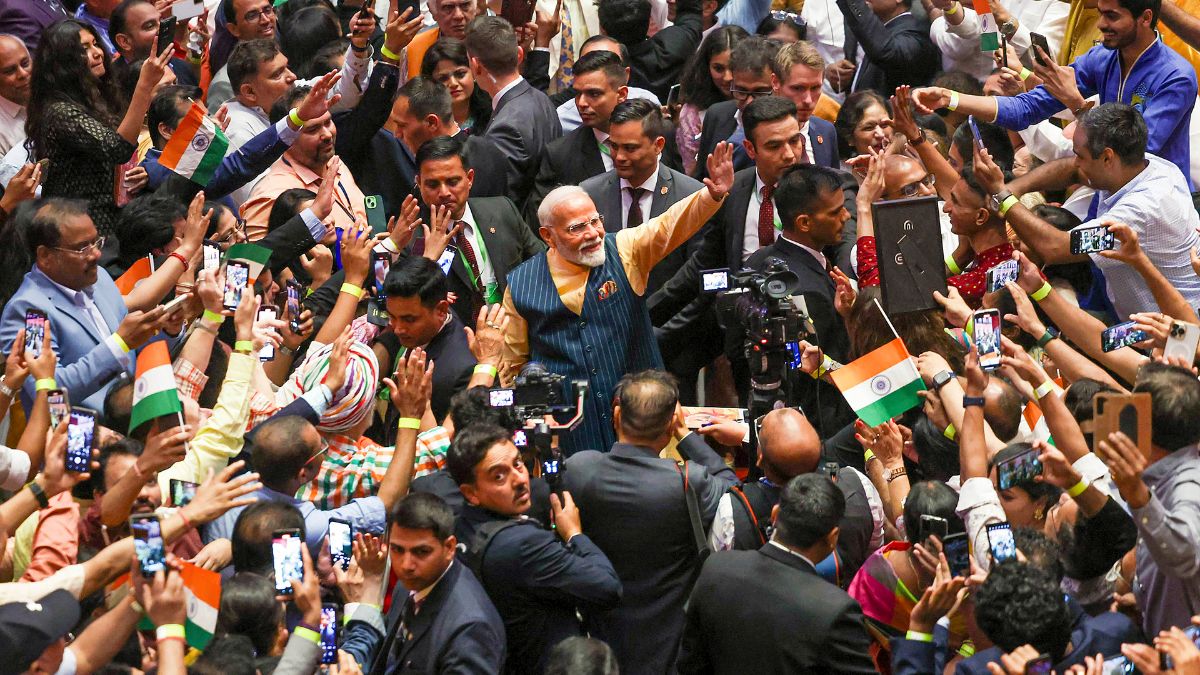)
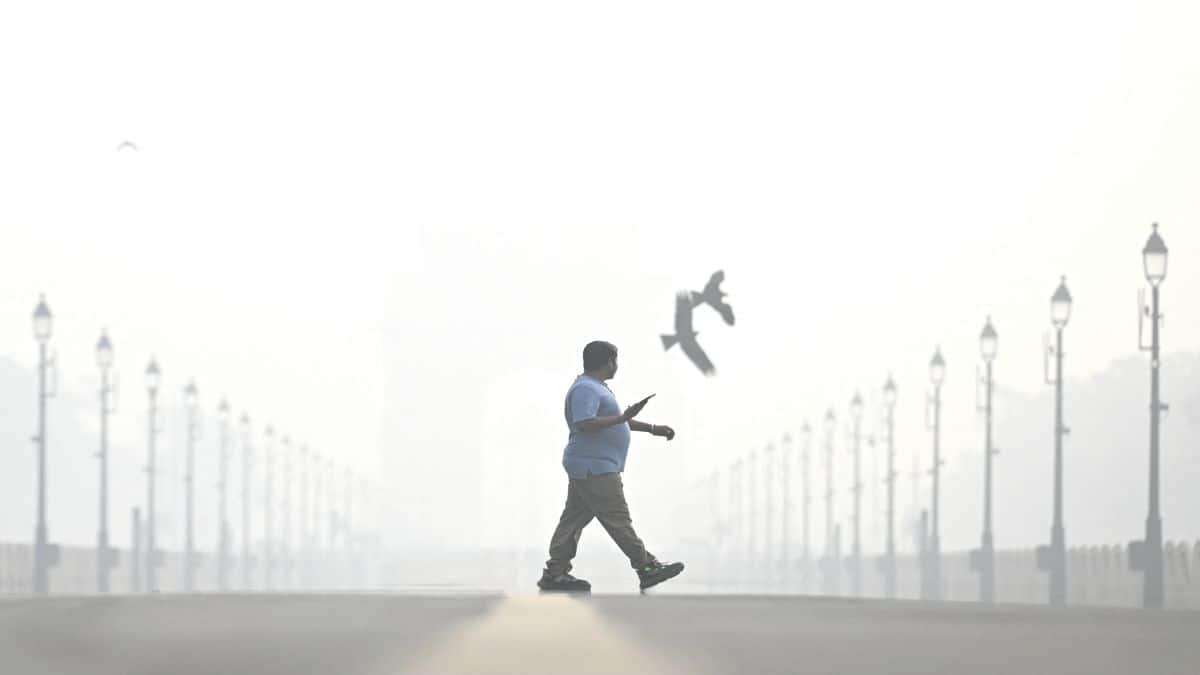
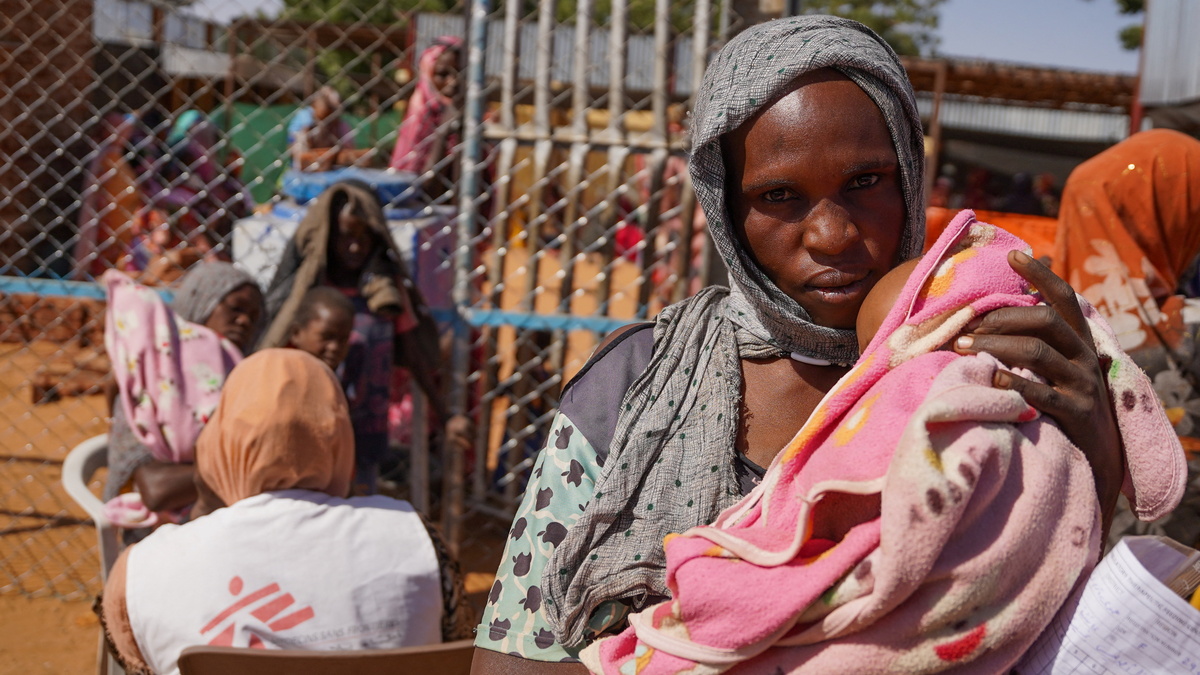)
)
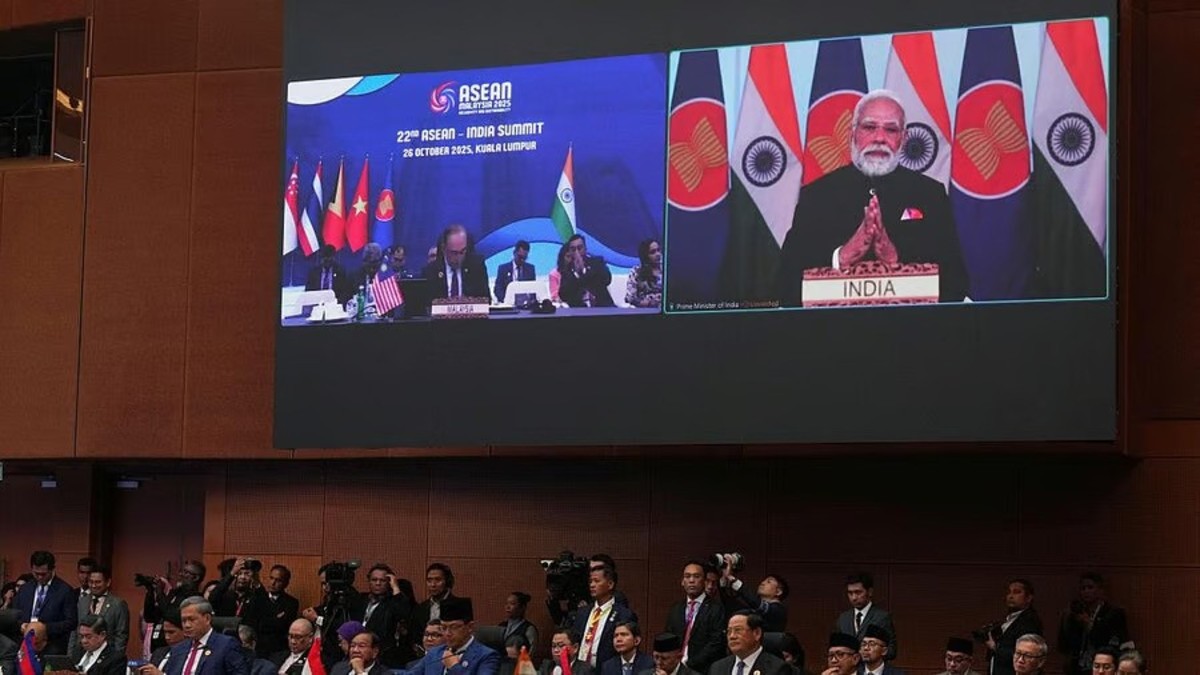)
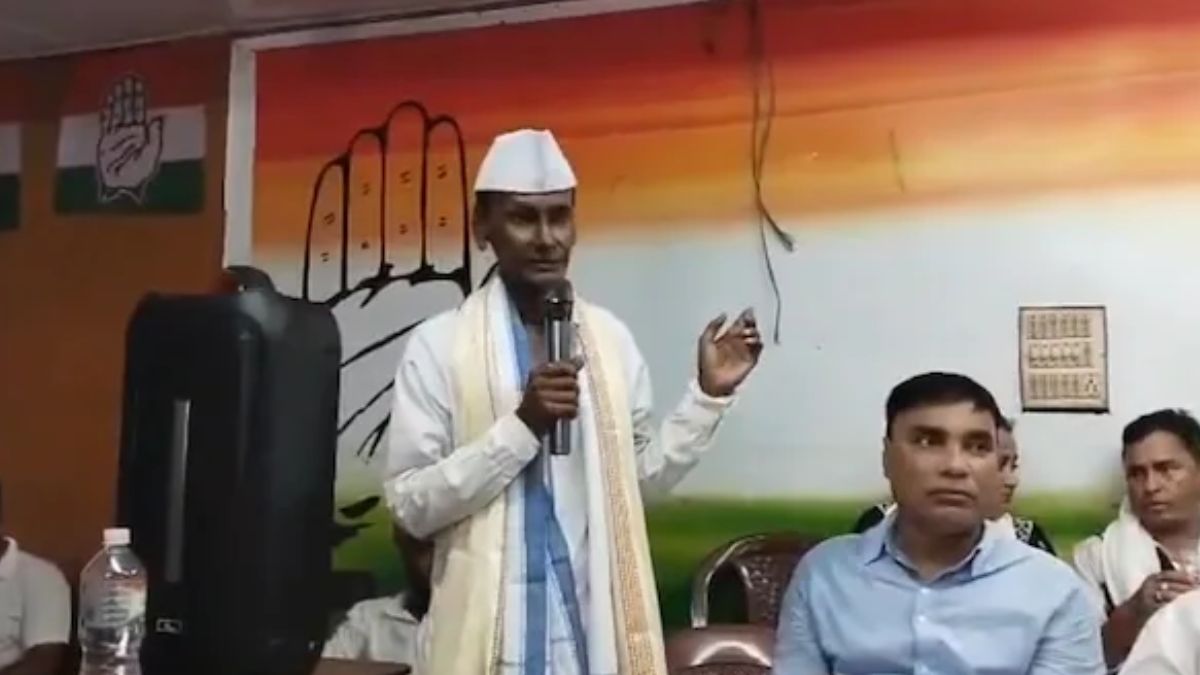)
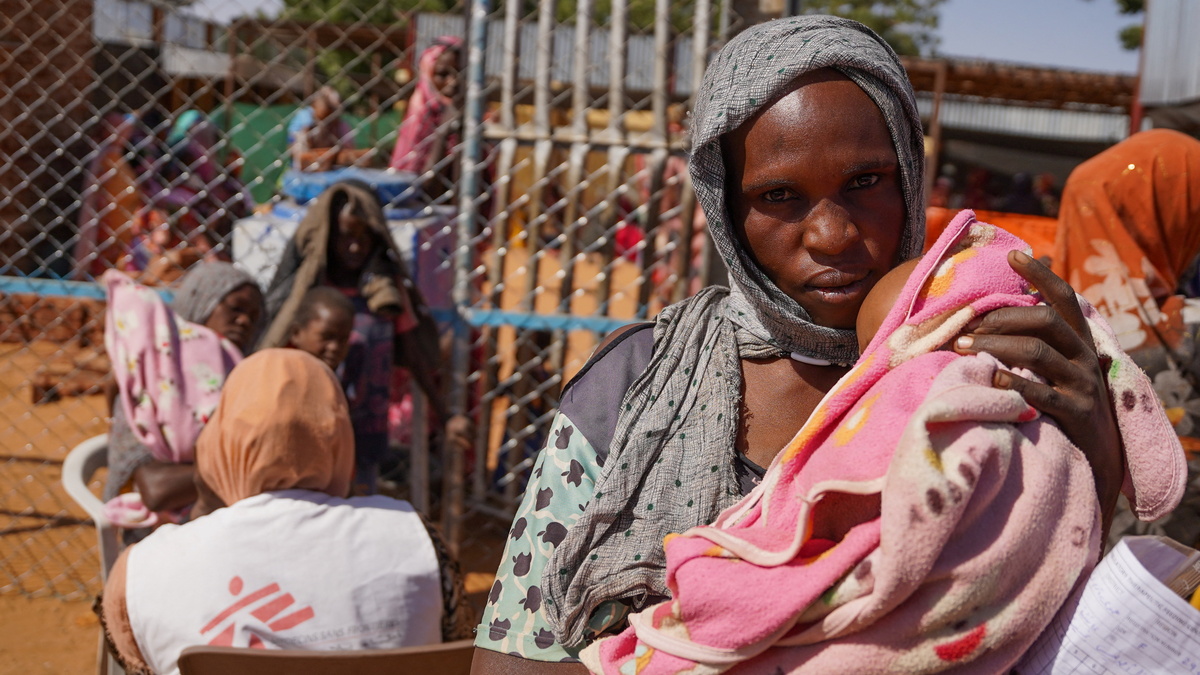)
)
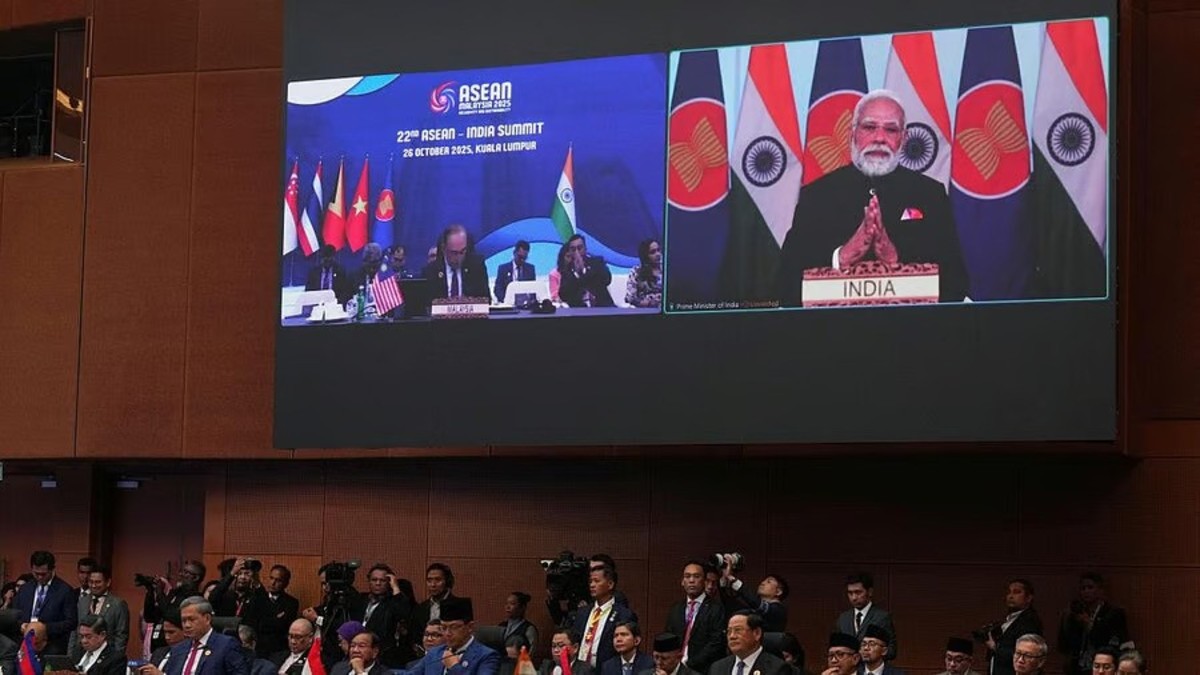)
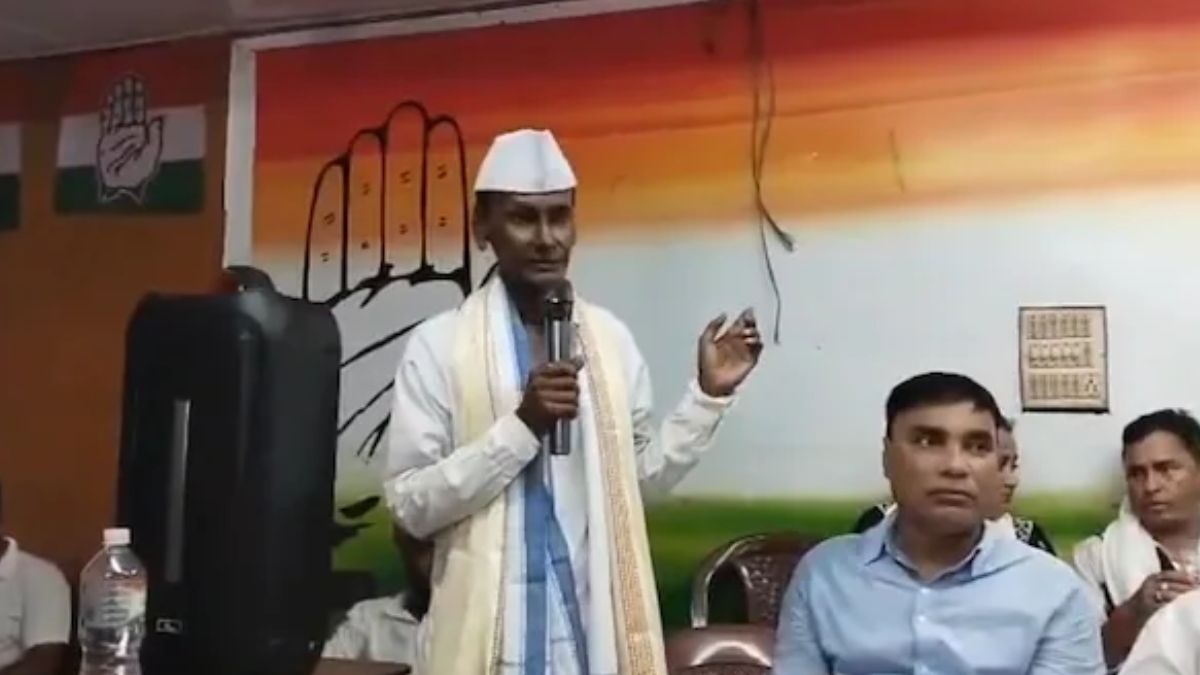)



